Keywords: Australian Religious Thought
There are more than 200 results, only the first 200 are displayed here.
-
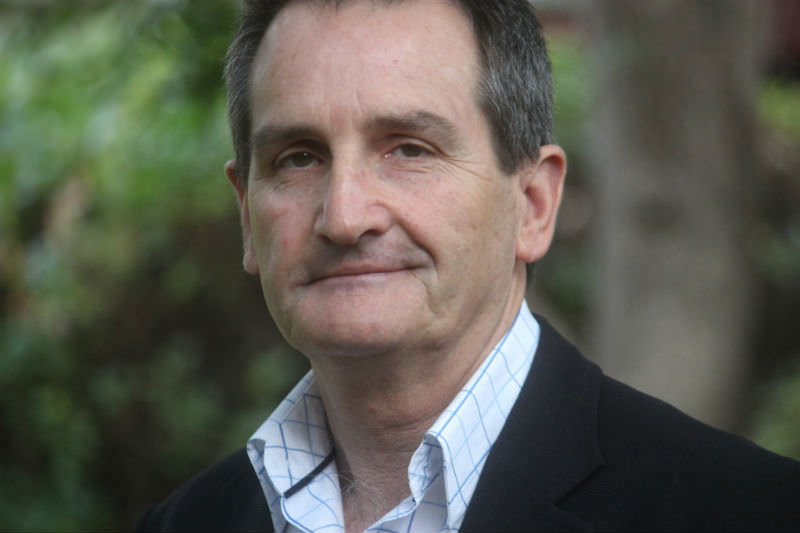
RELIGION
- Fatima Measham
- 24 January 2018
19 Comments
Fatima Measham speaks with Francis Sullivan, CEO of the Truth Justice and Healing Council, to reflect on the journey since the Royal Commission was first announced in November 2012 and to consider what are the next steps for the Church.
READ MORE 
-
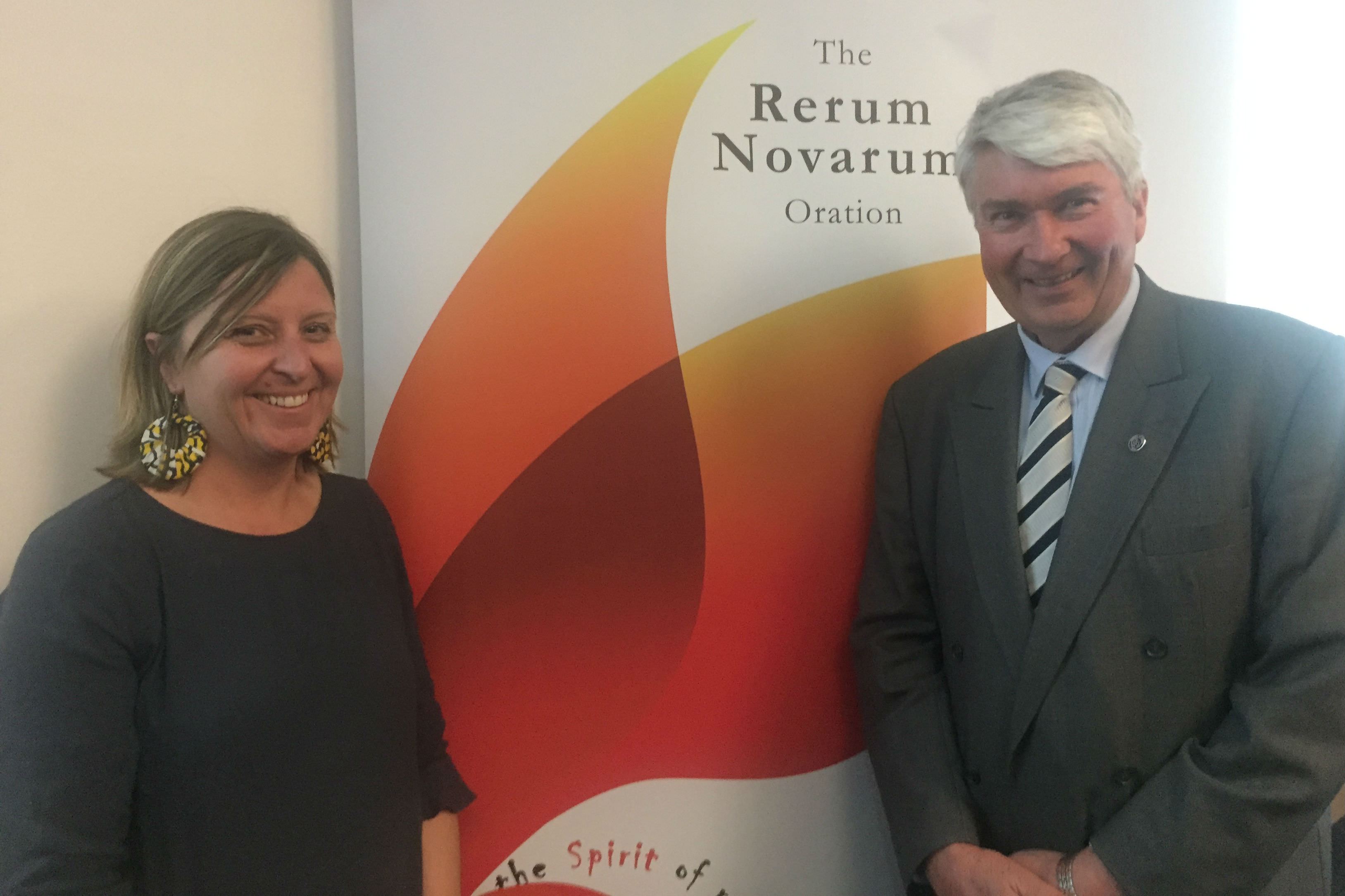
RELIGION
- Frank Brennan
- 08 November 2017
'We need to recommit to work for all those who are able and willing. We need to recommit to social assistance for all those who are not able. We need to ensure that a life of frugal dignity is within the grasp of all citizens.' 2017 Rerum Novarum Oration by Fr Frank Brennan SJ
READ MORE
-
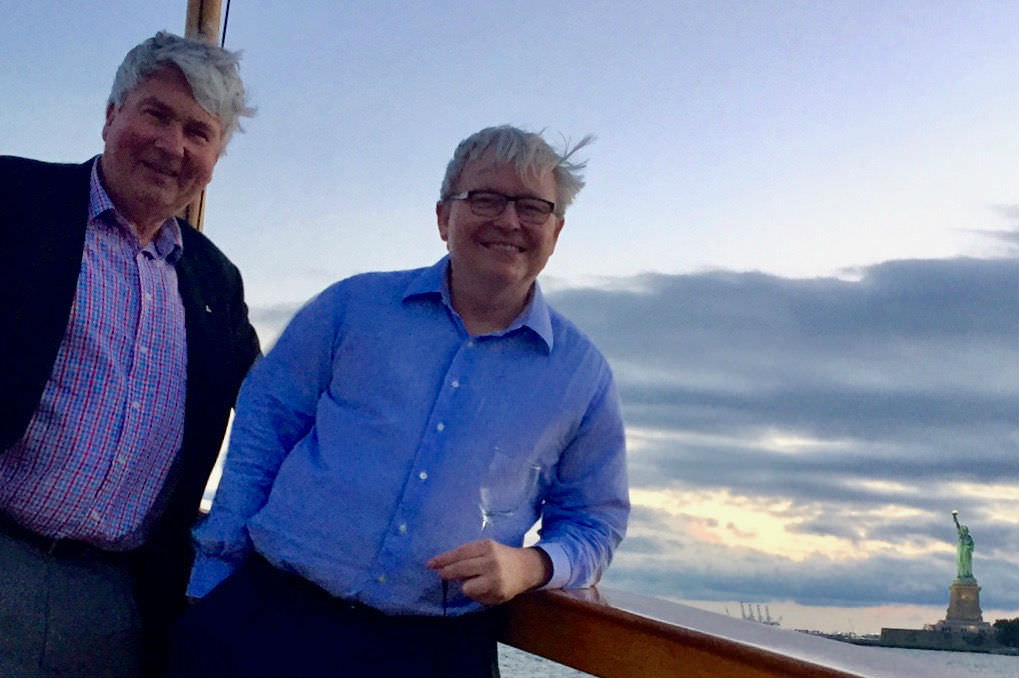
AUSTRALIA
- Frank Brennan
- 30 October 2017
9 Comments
The ogre in the book is John Howard, whom Rudd holds personally responsible for the attacks on Therese's decency and integrity in the lead up to the 2007 election. Rudd contends this 'cowardly behaviour' should not be forgotten, 'If only because this same ruthlessness remains a core part of the conservative DNA to this day'.
READ MORE 
-
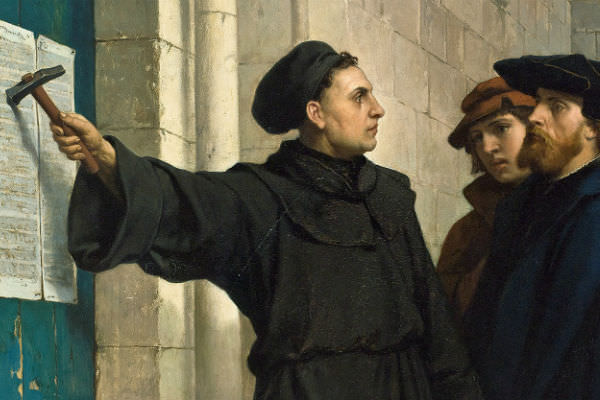
RELIGION
- Frank Brennan
- 26 October 2017
9 Comments
The first thing to note about this 500th anniversary of the Reformation is that it is the first centenary celebration or commemoration that we have been able to share together and without rancour.
READ MORE
-
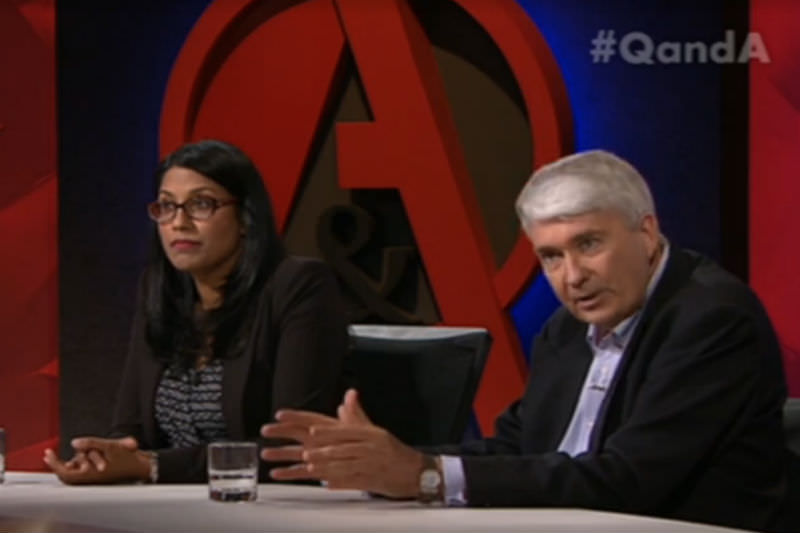
RELIGION
- Frank Brennan
- 25 October 2017
76 Comments
I said I would be very happy to play second fiddle. I wanted my presence to assist a respectful dialogue. I wanted to make it clear that a thinking and compassionate Catholic could have good reasons for voting yes. I wanted to insist that respect and endorsement of loving same sex relationships did not preclude consideration of issues such as freedom of religion.
READ MORE 
-
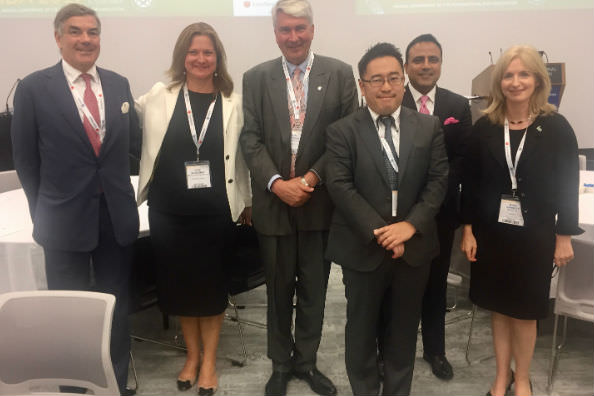
INTERNATIONAL
- Frank Brennan
- 12 October 2017
In the 16th century it was the Dominican friars like Vitoria, Las Casas and Montesino in Salamanca who confronted the state and challenged public opinion about the rights of the indigenous peoples in Spain's newly colonised lands. Not even the most nostalgic and forgiving Jesuit would opine that the modern practitioners of Morality with a capital M challenging the powers of the market and the state would be found in a modern monastery.
READ MORE
-
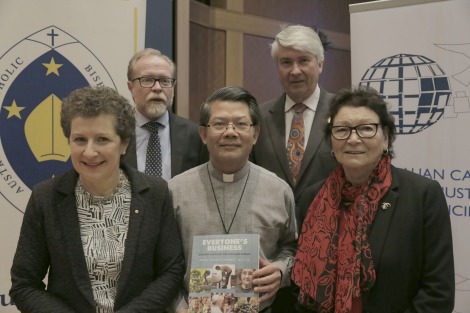
RELIGION
- Frank Brennan
- 11 September 2017
2 Comments
The real call of Everyone's Business is to move beyond them and us to admitting that there is only us. If we are truly to build an inclusive and sustainable economy, it can't be just those in full time paid employment who are part of that economy. We take seriously the principles of neo-liberalism, letting the market decide. But we set limits on the market for the common good.
READ MORE
-

RELIGION
- Frank Brennan
- 30 August 2017
6 Comments
'There was one controversy in which Lionel Bowen was involved that does provide good lessons for the contemporary Catholic considering the desirable law or social policy on a contested issue - lessons for the citizen weighing what is for the common good. Back in 1979 there was debate in the Parliament on a motion which was framed to stop Medicare funding of abortions. Bowen, a strict Catholic, was strongly opposed to the motion. He did not think the motion was about abortion. He thought it was about money.' Frank Brennan's 2017 Lionel Bowen Lecture
READ MORE
-
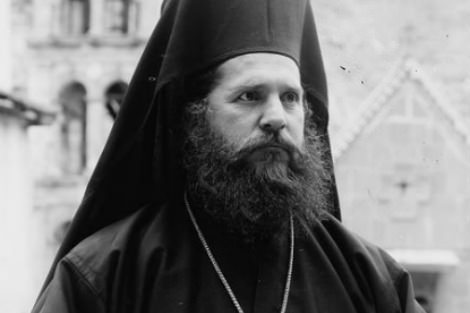
RELIGION
- Gillian Bouras
- 04 July 2017
6 Comments
When I was a small child, Presbyterians ministers, including my great-uncle Jack, seemed to be everywhere. They march through memory: soberly suited, dog-collared, determinedly cheerful and often dull, although Old Jack preached a fiery sermon, and could well have taken to the stage instead of the pulpit. They were eventually replaced in my life by a procession of Greek Orthodox priests. They would extend their hands to be kissed in a gesture my nonconformist soul found quite shocking.
READ MORE 
-
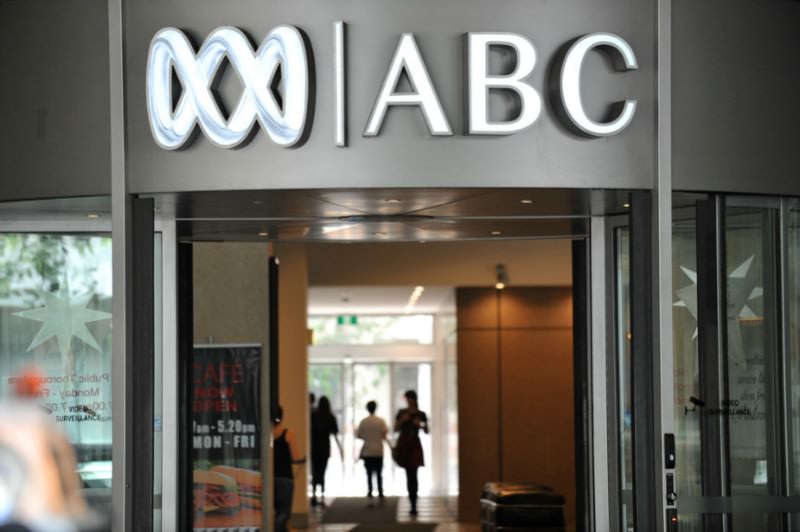
MEDIA
- Rohan Salmond
- 01 June 2017
28 Comments
Reports that the ABC will no longer require the head of the religion unit to be a religion specialist are more than a little surprising. The ABC has a commitment in its charter to 'reflect the cultural diversity of the Australian community'. Without religion reporting from people with specialist journalistic backgrounds, the ABC jeopardises its ability to fulfil its ongoing functions and responsibilities. Like it or not, religion still plays a huge part in public life in Australia, which affects the lives of everyone.
READ MORE 
-

AUSTRALIA
- Frank Brennan
- 31 May 2017
6 Comments
Indigenous leaders this last week have called for the creation of two new legal entities. They want a First Nations Voice enshrined in the Constitution, and a Makarrata Commission set up by legislation. The Makarrata Commission would supervise agreement making between governments and First Nations and engage in truth telling about history. The envisaged destination is a national Makarrata (or treaty). So the immediate constitutional issue is the creation of the First Nations Voice. There is no point in proceeding with a referendum on a question which fails to win the approval of Indigenous Australia. Neither is there any point in proceeding with a referendum which is unlikely to win the approval of the voting public.
READ MORE
-

RELIGION
- Frank Brennan
- 15 May 2017
The reconciliation of this vertical relationship is possible only through the mediation of Jesus who embodies, lives and dies the reality of this reconciliation. He puts us right with our God and thereby establishes the basis for right relationship with each other. In many countries such as Australia, Timor Leste and South Africa, the public rhetoric and programs for reconciliation have, at least in part, been informed and underpinned by this theological perspective.
READ MORE